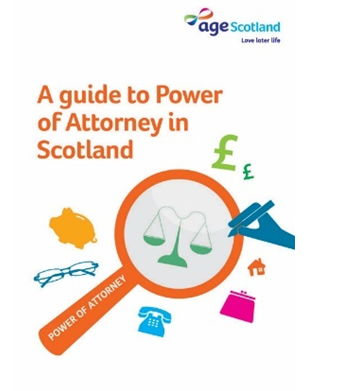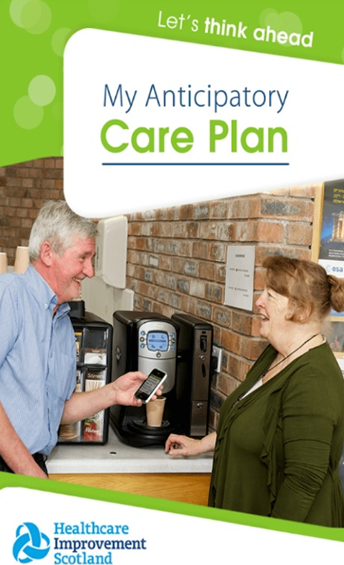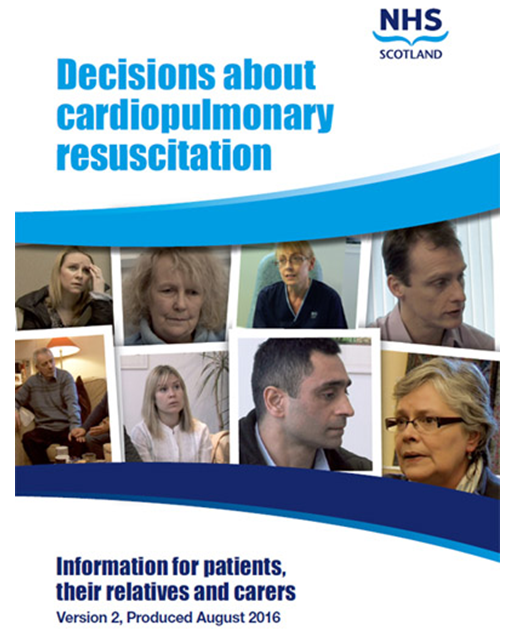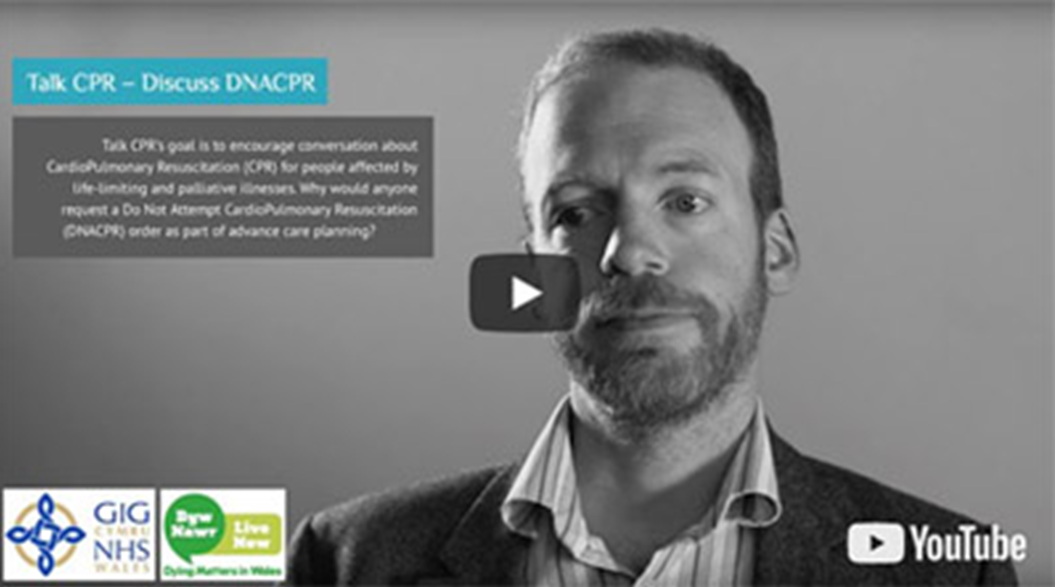Getting to Hospital
Medicine for the Elderly services are located at the Western General Hospital and Leith Community Treatment Centre.
The Western General Hospital is accessible by car, taxi and bus.
Parking spaces are available but can be quite busy, especially during typical visiting times in the afternoon. There are drop off / pick up zones outside both the Anne Fergusson and Royal Victoria buildings as well. If patients need transport home on discharge home or to attend an outpatients appointment, please let ward staff or appointment office know, as this can be arranged.
The hospital is well served by bus routes and Lothian Buses, with bus number 38 stopping inside the hospital, and numbers 19, 37, 24, 29, 47 and 113 stopping on Crewe Road South, just outside.
There is also a Taxi rank located just opposite the Royal Victoria Building.
Planning for the Future
Whether someone has any long term health problems or not, we encourage people to begin to think about what they would or would not want in the future if their health gets worse.
Power of Attorney
All of us are at risk of suddenly becoming unwell. If this happens, we may not be able to understand what’s wrong or be able to make or communicate decisions for ourselves. This could be a short-term problem or could last much longer, depending on what the problem is.
To help in such a situation, it’s possible for everyone to register one or more Powers of Attorney for themselves. A Power of Attorney should be someone you trust to make decisions for you that would reflect what you would want to happen if you were unable to decide for yourself at the time. People often choose a member of your family, close friends, or perhaps a solicitor.
There are two types of Power of Attorney. You can appoint the same person to be both types, and that person then has a legal right to act on your behalf.
- A Continuing Power of Attorney is someone who can look after your property and finances.
- A Welfare Power of Attorney is someone who you trust to make decisions about your health and care, but only if you are unable to do this yourself.
| Powers of Attorney are granted by the Office of the Public Guardian (Scotland). The website offers detailed information, including an introductory leaflet and Top Ten Tips. |  |
 | Age UK also provide a factsheet that answers some common questions. You can ask a solicitor to put together a Power of Attorney for you. |
A Key Information Summary
For someone who has complex health problems, it can be important for healthcare staff to be able to understand quickly all the background information to their illness. This can be in an emergency such as when you phone an ambulance or are sent to hospital.
A Key Information Summary is something created by you GP on the computer that can be accessed in Scotland 24 hours a day by paramedics, NHS 24, out of hours GPs, A&E or hospital doctors or example. It contains information about:
- What you’re like when your well
- Who to contact in an emergency and next of kin details
- Who your Power of Attorney is
- Your past medical history
- Your medications and allergies
- Advice on what healthcare staff should do in an emergency
- Whether you want to be sent to hospital or not
- Your DNACPR status (see below)
- A summary of your anticipatory care plan and where to find it (see below)
If you would like your GP to create a Key Information Summary for you, you have to give them your permission. They can then discuss what details you would want it to include.
| It is important for anybody with an acute illness to think about what they may or may not want in the future. Sometimes this may include more information than it’s possible to hold in a Key Information Summary (KIS) Important decisions about how you want your health to be managed, how or where you want to be cared for, or your finances for example, are very individual. Communicating this with those around you, including doctors, nurses and carers helps ensure that your wishes are taken account of, even if you become more unwell and are less able to express them. |  |
Anticipatory Care Planning
| By taking more control of your health and planning ahead: You can be better informed about your health and any medical conditions You can be better prepared for everyday challenges You can be better supported when needed, and You can manage your money and property. Anticipatory care plans can be very broad and cover many aspects of someone’s life. However, not everyone has to complete all parts of a plan, or they may choose to put more detail in to the bits what are important to them. Anticipatory care plans are usually put together and led by your GP, but if you have a long term conditions it will be important to involve any specialists helping with your care. |  |
If you would like more information on Anticipatory Care Plans, please consider some of the following pages:
- NHS Inform introduction to anticipatory care planning, including videos and information on Scotland’s My ACP Project
- Health Improvement Scotland also provide advice on different things to consider, including advanced directives
There are also a series of videos introducing Anticipatory Care Plans, with people’s own examples of why plans were important for them.
If it’s relevant to you, thinking about the answers to the 3 questions can help your GP decide what your anticipatory care plan or Key Information Summary should say. For example, thinking how you would like to be treated if:
- you suddenly collapsed?
- you had an infection that was not responding to antibiotics?
- you were no longer able to eat and drink due to an illness?
For each question, you may consider whether you would want:
- to be sent to hospital for tests and treatments
- a family member or Power of Attorney to be contacted to discuss the options
- not to be sent for more tests or to hospital, but be treated as best as possible where you are and made comfortable
Wills
For everybody, it’s important to consider whether they need a will. This makes it clear what happens to your money, property and possessions after your death. A will is normally made through a solicitor, but there is more information explaining the process from the UK Government website.
Cardiopulmonary Resuscitation and DNACPR Forms
Cardiopulmonary Resuscitation (CPR) refers to a variety of emergency treatments that can be tried should someone’s heart suddenly stop beating or they stop breathing. It can include pressing on someone’s chest, mouth-to-mouth breathing and electric shocks.
Everyone’s heart and breathing stops when they die, and if they have died at the end of a long or terminal illness then it will likely be distressing to try and make efforts to reverse this. In this instance, the person may have wished to be allowed a more natural and peaceful death.
If someone is fit, they have a health heart and other organs and they suddenly stop breathing or lose their pulse, then CPR has a chance of helping them recover so long as the problem that caused their heart or breathing to be stopped can be quickly treated.
Unfortunately, we know that the more health problems people have, the less likely it is that CPR will work. Even if it did, that person could be left with a much lower quality of life and often never be fit enough to get out of hospital.
Some people have very clear wishes about what they would want to happen in such a situation, others do not want to think about it, and many of us don’t know.
For people where it has been agreed that CPR should not be started, a Do Not Attempt Cardiopulmonary Resuscitation (DNACPR) form can be put in place. This may just be in place if someone is in hospital with a short illness, or it may be something the person keeps at home with them in the long term.
If someone has a DNACPR form, then making sure their Power of Attorney knows, that their GP is aware, and recording it in a Key Information Summary or Anticipatory Care plan is all very important.
This is something that is important for all of us to think about as we get older or live with long term health problems, especially those that get worse over time.
| For more information on DNACPR forms, you can talk to your GP or Medicine of the Elderly team. There is also a useful leaflet from the Scottish Government explaining the role of the forms in more detail. |  |
 | This series of videos from NHS Wales where people, doctors and nurses discuss why CPR and DNACPR forms are important, and it is still relevant to those of us living in Scotland. |
Support for Carers
| Many elderly people have health problems that not only affect them but also those around them. Although a person may not need paid carers to help them, many friends and family take on caring roles. A carer is anyone who, without payment, provides help and support to a wife, husband, partner, son, daughter, parent, relative, friend or neighbour, who could not manage without their help. |  |
| Vocal is an organisation providing support for carers in Edinburgh and Midlothian. Carers of East Lothian also serves that region. |  |
| Edinburgh council also lists other Carer support and advice, including contact with their carer support team and information on respite care and breaks for carers. |  |













